High sodium intake and low potassium intake in China
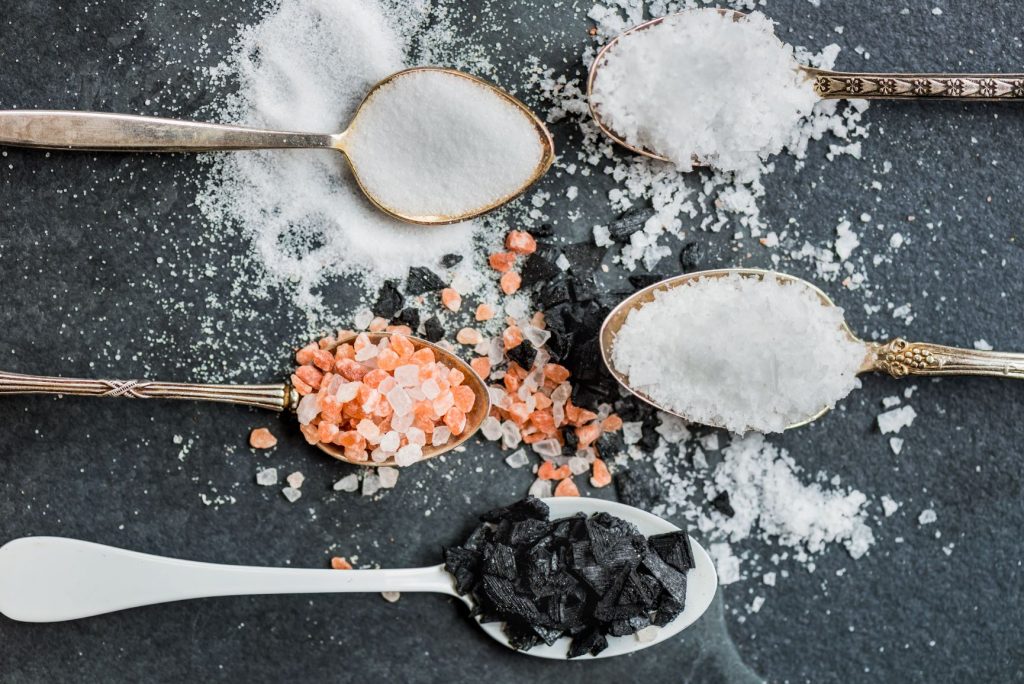
A study by Shufa Du et al has found that sodium intakes remain high, and potassium intakes remain low in China. Authors utilised data on 29,926 adults from the China Health and Nutrition Survey and compared data from 1991 and 2015. Intakes of sodium and potassium from these surveys are estimated from 24-hr diet recalls. […]
FoodSwitch: State of the Fast Food Supply

A survey on the state of the fast food supply in Australia by The George Institute for Global Health found 60 out of 144 fast food combo meals exceeded sodium targets; 23 of these were from Red Rooster and 18 from Hungry Jacks. The sodium targets were benchmarked per serving against the Australian Government’s Suggested […]
No reduction of salt intake in the UK during 2014 to 2018
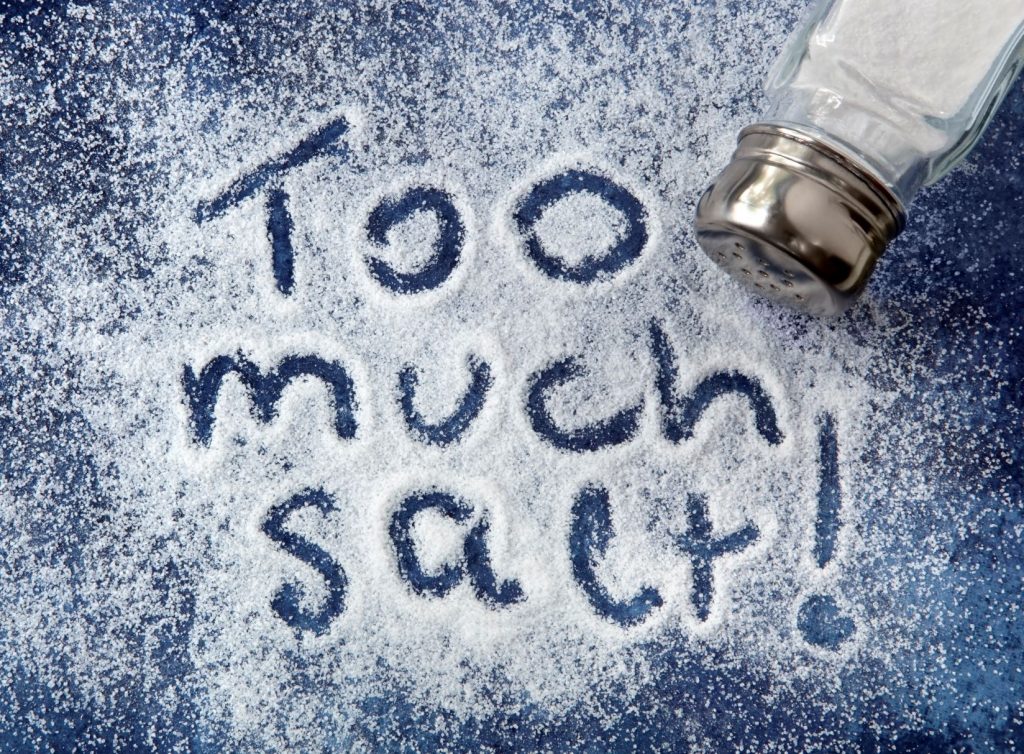
A new report from Public Health England has demonstrated that there has been no further reduction in salt intake in England from 2014 to 2018. Prepared by Robert Ashford et al, the report used the gold standard measurement of 24-hour sodium excretion and showed that the mean salt intake in adults aged 19 to 64 […]
New Survey Finds Two Rashers of Bacon are Saltier than 8 Bags of Crisps – Action on Salt, UK
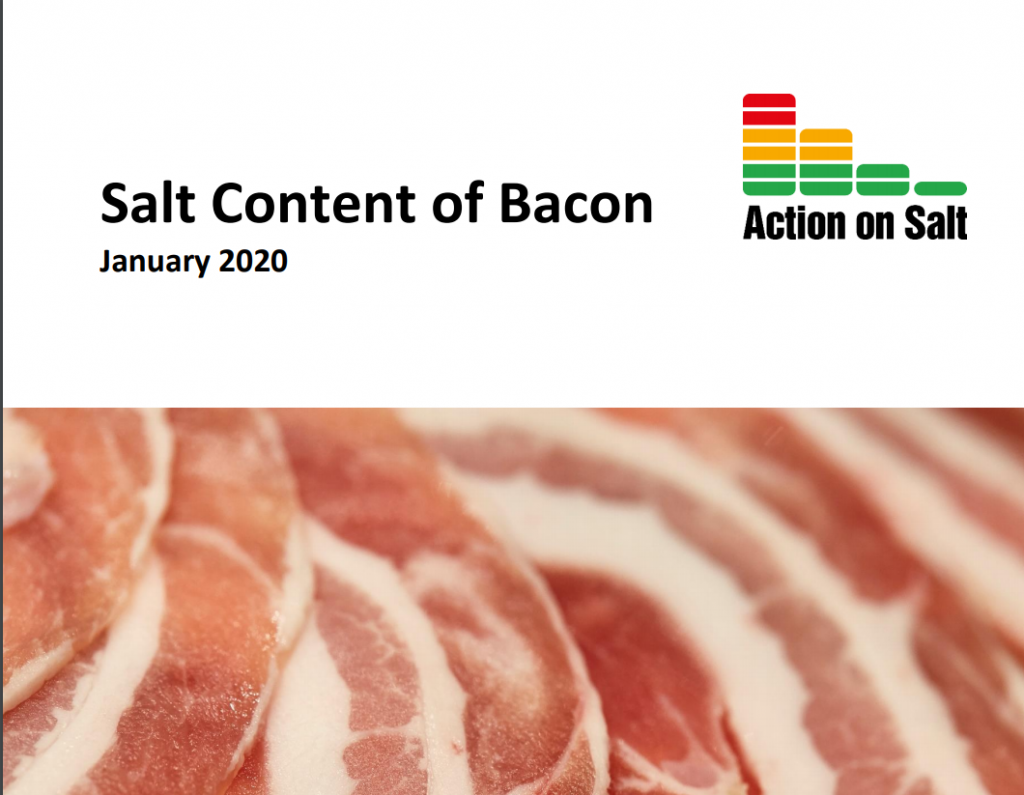
In a recent survey conducted by Action on Salt, researchers investigated the salt content of bacon sold at ten of the UK’s major retailers. Of 171 products, all but one were high in salt according to the UK’s voluntary front of pack traffic light labelling criteria, and on average the bacon contained 3.21g of salt […]
Strengthening Malaysia’s National Salt Reduction Strategy (2015-2020)

Last year Dr Kathy Trieu and Prof Jacqui Webster from The George Institute for Global Health conducted an interim evaluation of Malaysia’s national salt reduction strategy with a view to identifying areas where the strategy could be strengthened. The mid-term evaluation report including the six key recommendations for enhancing implementation is now published on the […]
Recipients of LINKS grant
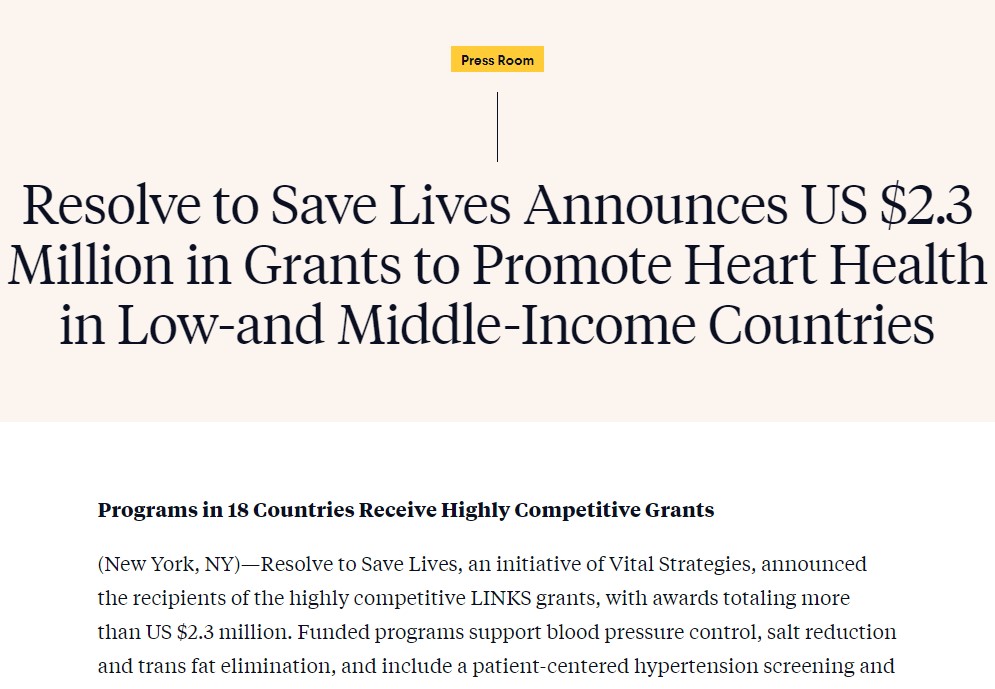
The George Institute for Global Health are part of two successful Resolve to Save Lives, LINKS grants this year. The highly competitive grants of over US$2.3million in total will be supporting programs that promote heart health in 18 countries. The George Institute alongside Ministry of Health Malaysia, National University of Malaysia and WHO Office in […]
Sodium, Potassium and Iodine Intake, in a National Adult Population Sample of the Republic of Moldova
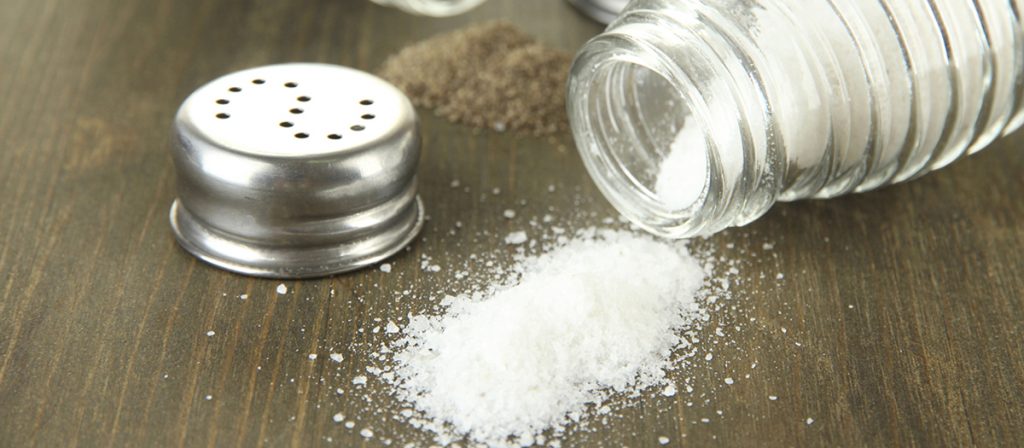
A recent study published in Nutrients by D’Elia et al. investigated sodium, potassium and iodine intake in the Republic of Moldova. Twenty-four hour urine samples were collected and analysed from 858 adults (326 men and 532 women, 66% response rate). Mean salt intake was found to be 10.8g/day, with only 11.3% of people meeting the […]
Sodium Content of Commonly Consumed Foods in Argentina

Calliope and Samman investigated the sodium levels in street food, fast food and artisanal food in Northwest Argentina using chemical analysis. To collect information on the types and frequency of food consumed, a survey was administered to a sample of adults. The most commonly consumed street food was hot dogs (25%) and French fries (22%); […]
Salt levels in meat alternatives – Australia

On the 10th of September, the Victorian Salt Reduction Partnership released a report written by The George Institute for Global Health on the salt content of meat alternatives in Australia. The research revealed some meat free products contain up to half a day’s worth of salt in one serve. Meat-free bacon, falafels and meat-free sausages […]
An evaluation of the sodium content and compliance with sodium reduction targets in Costa Rica

Vega-Solano et al described the sodium levels in packaged foods and assessed the compliance of packaged foods in Costa Rica with national targets from 2015 to 2018. Costa Rica have sodium reduction targets for 6 food categories: Condiments, cookies and biscuits, bread products, processed meats, bakery products, and sauces. They found that there was a […]